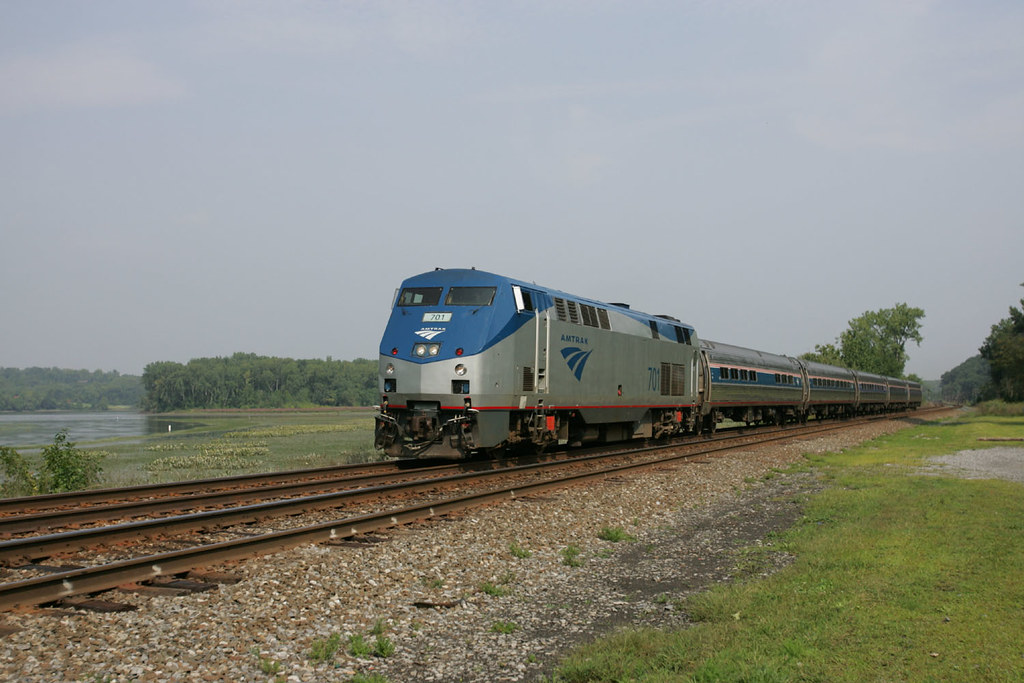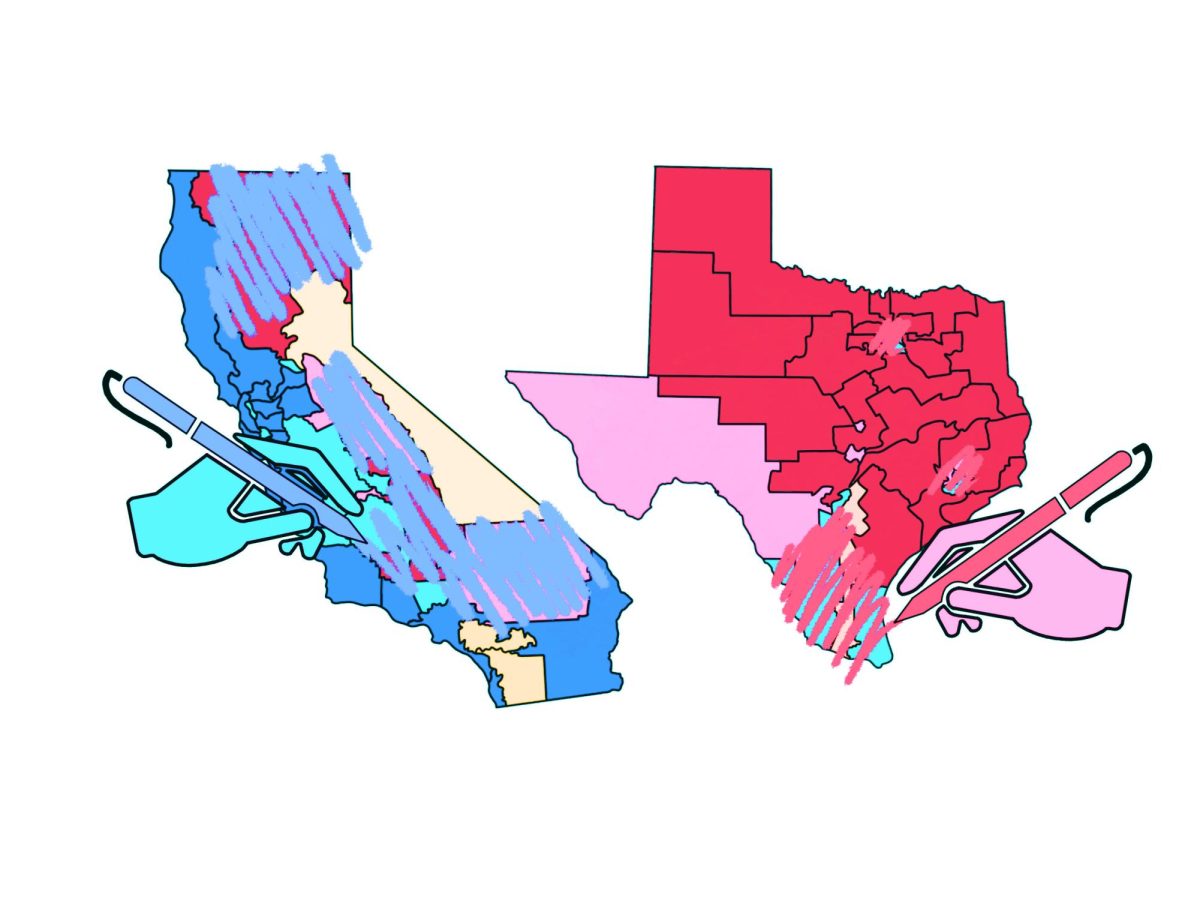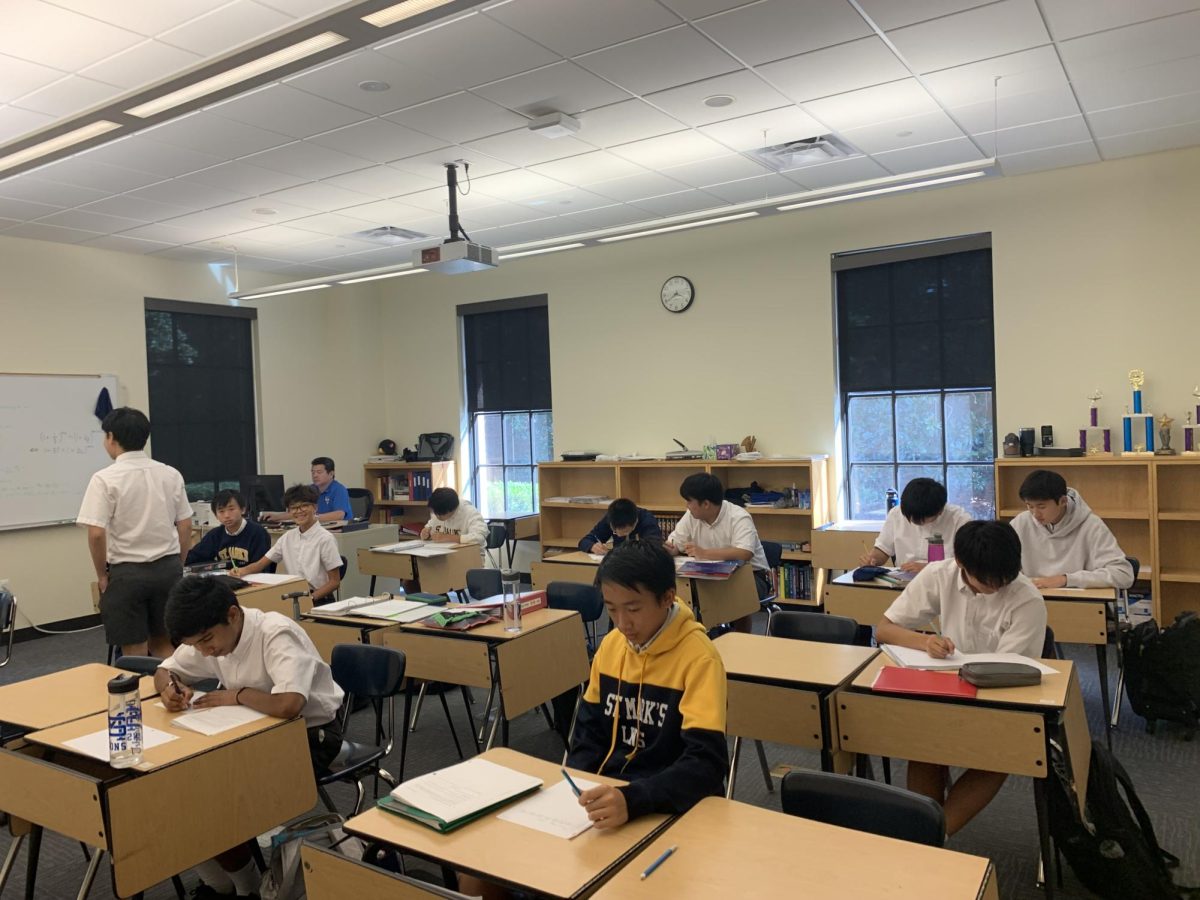The best-known fact about high-speed rail in this country might be that it’s virtually nonexistent.
But now, Amtrak is taking control of a new project that could put bullet trains between Dallas and Houston — a development that has been looked forward to for decades and that would cut transit times to just 90 minutes, potentially revolutionizing the way people, including students, can travel between the two cities.
However, the process will not be easy. Overall, the project is estimated to cost over $30 billion. Other projects of its kind have been plagued by delays before, such as the California High-Speed Rail Project, which is at least a decade behind schedule and $100 billion over budget.
“It is not a done deal yet, and we still have some hurdles to overcome,” Andy Byford, senior vice president of high-speed rail programs for Amtrak, said in the Houston Chronicle.
With millions of dollars already being spent to pay for planning, some of the most important details to be worked out include how Amtrak will build on the work of prior companies and organizations’ work in this field. One particular company, Texas Central Partners, has done multiple studies that will help ease Amtrak’s work but also complicate how the money will be used.
Currently, Texas Central is planning to buy around 25 percent of the land needed for the rail line. But the most important thing, of course, will be money.
“It is naïve to think it will all come from the private purse,” Byford said, commenting on the need for public funding.
But issues like cost, foreign funding, environmental impact and disruption of rural communities have driven opposition to the rail line. Texans Against High-Speed Rail, mainly a group of rural landowners, and Reroute the Route expressed their opposition to some of these problems. Byford, however, still sees a lot of hope for the proposal to go through.
“The business case is stronger than ever,” Byford said. “I really do think it is viable.”
High-speed rail has been an initiative of the Biden administration, and the Dallas-Houston line could represent the most important development of the last few years in this program. Byford sees this as a positive change that will help improve Americans’ transportation experiences.
“I think time is of the essence,” Byford said. “The alternative is to condemn Americans to ever more crowded interstates and to condemn taxpayers to pay for ever wider highways.”
Despite opposition, Byford sees the line as a potentially huge development for Texans and the country as they can finally see a significant high-speed rail project come to fruition.
“If we can pull it off, it will be an absolute jewel in Texas’ crown,” Byford said, “It will be the envy of America.”













